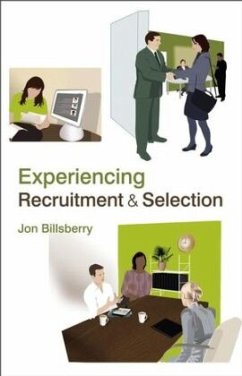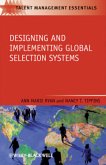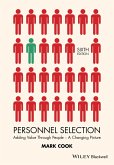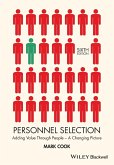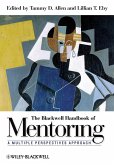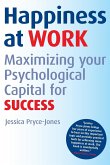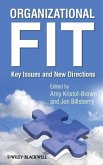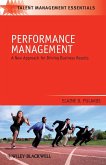Recruitment and selection is a stressful and traumatic transition for both the people and the organisations, where futures are decided and destinies set. How does it feel to be involved in this process?
Experiencing Recruitment and Selection offers readers a unique insight into this life-changing event; one that is very different to the current recruitment literature as it gives a voice to both applicants and recruiters.
Using real-life stories, this book explores applicants' and selectors' experiences of the recruitment and selection process. The author offers original insights into:
_ differences between internal and external applicants;
_ perceptions of fairness;
_ how failure to get appointed influences internal applicants;
_ how recruiters select for 'fit';
_ the reasons why people apply for jobs;
_ the influence of market forces on selection decisions.
Each chapter focuses on a key topicin recruitment and selection and features at least three related stories. The stories are interwoven with analyses that demonstrate the key lessons for practitioners and students. Each chapter concludes with a series of provocative questions and a guide to further reading.
With its practical, easy-to-use format, Experiencing Recruitment and Selection is essential reading for undergraduate and postgraduate students in disciplines including organisational psychology, organisational behaviour, management studies and HRM, as well as personnel or HR managers and occupational psychologists
Hinweis: Dieser Artikel kann nur an eine deutsche Lieferadresse ausgeliefert werden.
Experiencing Recruitment and Selection offers readers a unique insight into this life-changing event; one that is very different to the current recruitment literature as it gives a voice to both applicants and recruiters.
Using real-life stories, this book explores applicants' and selectors' experiences of the recruitment and selection process. The author offers original insights into:
_ differences between internal and external applicants;
_ perceptions of fairness;
_ how failure to get appointed influences internal applicants;
_ how recruiters select for 'fit';
_ the reasons why people apply for jobs;
_ the influence of market forces on selection decisions.
Each chapter focuses on a key topicin recruitment and selection and features at least three related stories. The stories are interwoven with analyses that demonstrate the key lessons for practitioners and students. Each chapter concludes with a series of provocative questions and a guide to further reading.
With its practical, easy-to-use format, Experiencing Recruitment and Selection is essential reading for undergraduate and postgraduate students in disciplines including organisational psychology, organisational behaviour, management studies and HRM, as well as personnel or HR managers and occupational psychologists
Hinweis: Dieser Artikel kann nur an eine deutsche Lieferadresse ausgeliefert werden.

